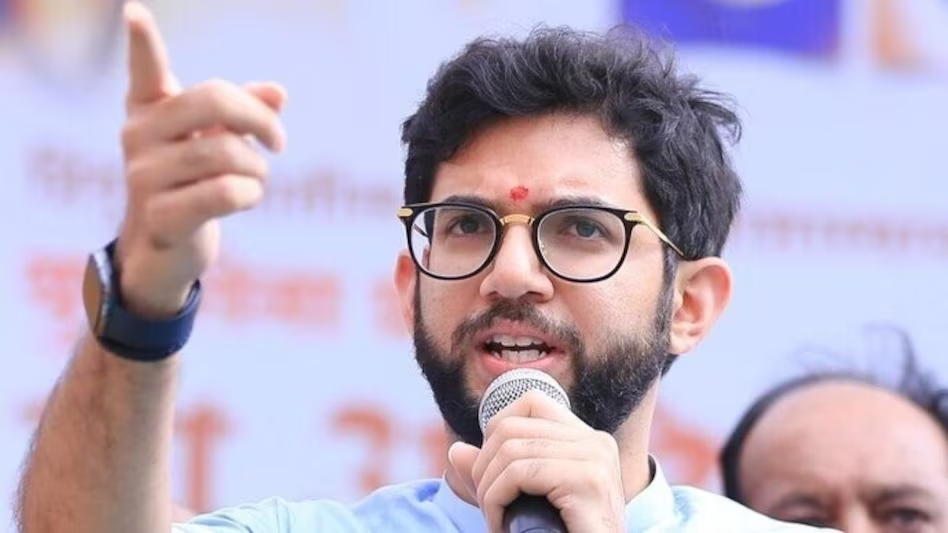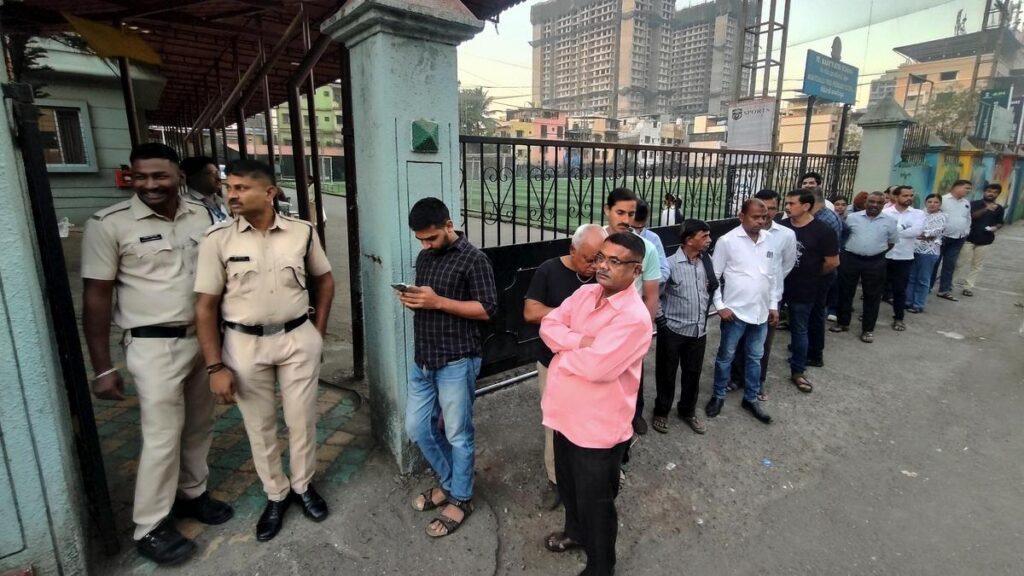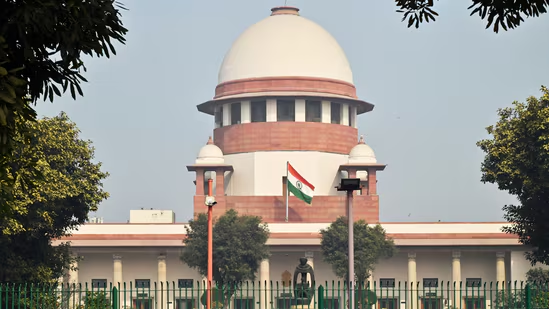Now Reading: Aaditya Thackeray Signals Openness to Alliances for Maharashtra’s Progress Amid Family Reunion Talks
-
01
Aaditya Thackeray Signals Openness to Alliances for Maharashtra’s Progress Amid Family Reunion Talks
Aaditya Thackeray Signals Openness to Alliances for Maharashtra’s Progress Amid Family Reunion Talks

Maharashtra politics is abuzz following statements by Aaditya Thackeray, leader of the Shiv Sena (Uddhav Balasaheb Thackeray) faction. Amid speculation about a possible reunion within the influential Thackeray family, Aaditya expressed readiness to join hands with any political party that works sincerely for Maharashtra’s development and the welfare of its people. His remarks have added a fresh dimension to ongoing political equations, especially in Tier 2 cities.
Aaditya Thackeray’s Statement on Political Alliances
Aaditya Thackeray emphasized that his primary focus remains Maharashtra’s growth and the betterment of its citizens. He made it clear that he is open to aligning with any political group that shares a vision for inclusive development, regardless of past differences or rivalries. This pragmatic approach signals a potential shift in the state’s political landscape as parties weigh their options ahead of upcoming elections.
Context of the Thackeray Family Reunion Buzz
The Thackeray family has long been a key player in Maharashtra’s politics. Recent media reports and political insiders have hinted at efforts toward bridging gaps within the family, which saw splits after political disagreements and the formation of different Shiv Sena factions. While the reunion talks remain unofficial, Aaditya’s inclusive message hints at a softer stance toward healing political divides.
Relevance for Maharashtra’s Tier 2 Cities
For cities like Nashik, Aurangabad, and Kolhapur, where local politics deeply influence development priorities, Aaditya’s openness could mean more collaborative governance. These urban centers, often caught between regional aspirations and state politics, stand to benefit if major parties come together to focus on infrastructure, employment, and social welfare.
Balancing Political Realities
Though the statements reflect goodwill, political alliances in Maharashtra have historically been complex and fluid. The willingness to work across party lines may face hurdles given entrenched rivalries and competing interests. Observers note that any alliance will depend on concrete policy agreements and mutual trust.
Conclusion
Aaditya Thackeray’s readiness to collaborate with any party committed to Maharashtra’s welfare offers a hopeful prospect for stability and progress in the state. As the political season unfolds, citizens, especially in Tier 2 cities, will watch closely to see if this openness translates into meaningful partnerships that prioritize development over division.

























